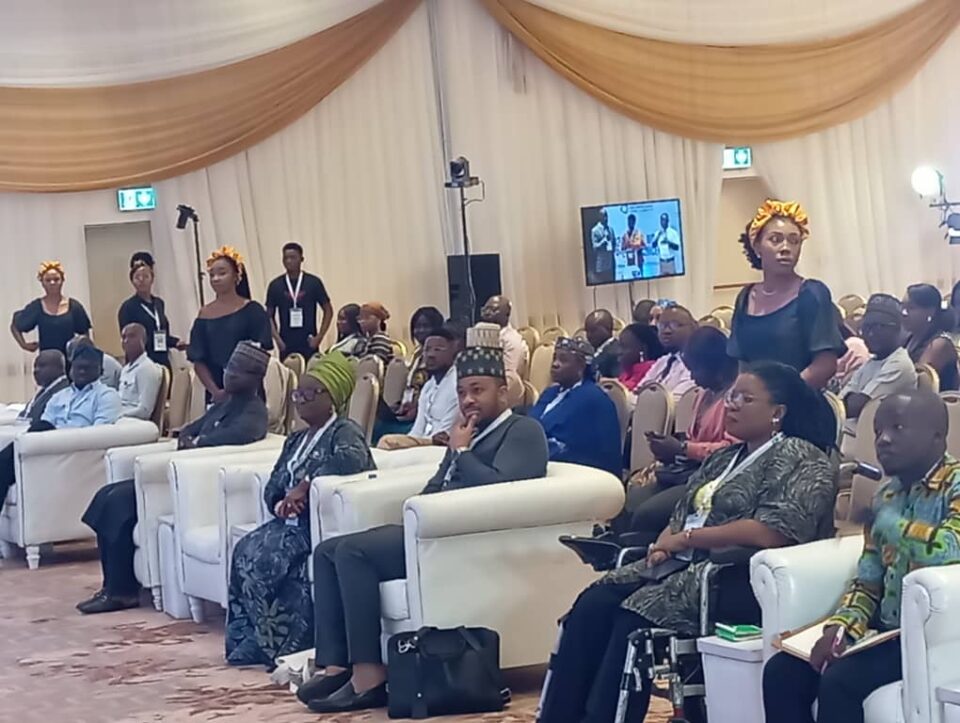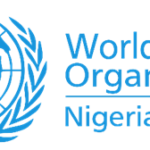By Daniel Tyokua
Strategic stakeholders in human capital development have re-echoed the need for concerted efforts in addressing areas that are slowing solutions to social behavioural change.
At a two-day social norms conference over the weekend in Abuja, experts, policy drivers deepened discussions on the role of families in pushing for social behavioural change.
They identified empowering of individuals with financial skills and access as key factors that shift societal expectations and behaviours, particularly those related to economic roles and decision-making, translating to improve community welfare.
Panelists also explored how socio-cultural norms shape maternal and reproductive health outcomes and how these norms can be addressed through innovative approaches, with critical role of collaboration in addressing GBV, focusing on prevention, response and recovery processes also held.
One of the experts who spoke on , ‘ Families at the Heart of Change: Generations and Gender Paradigms Guiding Us Forward, Moji Makanjuola identified the critical role the family unit contributes to the evolution of sociocultural norms and values across generations.
She said the conference with the theme “From Research to Reality: Socio behavioral Solutions for Accelerated Human Capital Development, served as a dynamic platform for exchanging ideas and best practices to address societal norms and behaviours impacting human capital growth, with a strong focus on practical applications of research for impactful change.
The event which was organised by Solina Centre for International Development and Research (SCID) brought participants from sectors critical to social norms change, economic and agency development in West Africa, including donors, social policy Implementing partners, NGOs, Research institutes, Faculty and students from University Partners, Stakeholders from the Ministry of Health, Ministry of Education, Ministry of Women Affairs and other government parastatals.
They also looked at the unique role of expressive arts, and initiatives rooted in cultural crafts and traditions, in driving social norms change, especially in addressing gender equality, advancing health, and fostering dialogue for community development.
Another panel on the role of digital technology in improving literacy and agency for social change explored the use of digital platforms, tools, and programs that facilitates both digital and social literacy, thus equipping individuals with the knowledge and skills necessary to challenge and reshape harmful social norms.
However, takeaways from the conference include; Clear strategies for incorporating cultural insights into maternal and reproductive health programs and addressing barriers in community-based health efforts.Collaboration is Essential: Cross-sector collaboration emerged as a priority, as successful social behavioural change requires coordinated action from multiple sectors.
She said, “Questioning Norms – Encourage the audience to question entrenched gender norms and challenge the stereotypes that still define a woman’s place in society, ‘identification of actionable strategies to empower women and inspire young girls to take on leadership roles.
“Data-Driven Approaches: Experts stressed the importance of using data and research to design targeted interventions that address specific social and behavioral barriers.
Inclusive Engagement: Attendees emphasized the role of community engagement and inclusivity in driving sustainable change, with an emphasis on empowering women, youth, and marginalized groups”
The conference concluded with a commitment to fostering an ongoing exchange of knowledge and a pledge from participants to continue their work in translating research into reality for transformative development outcomes.
Hackathon/Artkathon/Ideaherthon Challenge presentation of Winners. The challenge invited solution makers and creatives to create and share art entries and innovative digital communications campaign that represent issues that significantly affect women’s welfare and progress.
The campaigns were to advocate for policies, strategies and public actions that promote women’s advancement.
About SCIDaR.
SCIDaR is an indigenous Nigeria-based non-profit organization dedicated to researching and developing evidence-based approaches for implementing high-impact health interventions in Africa.



